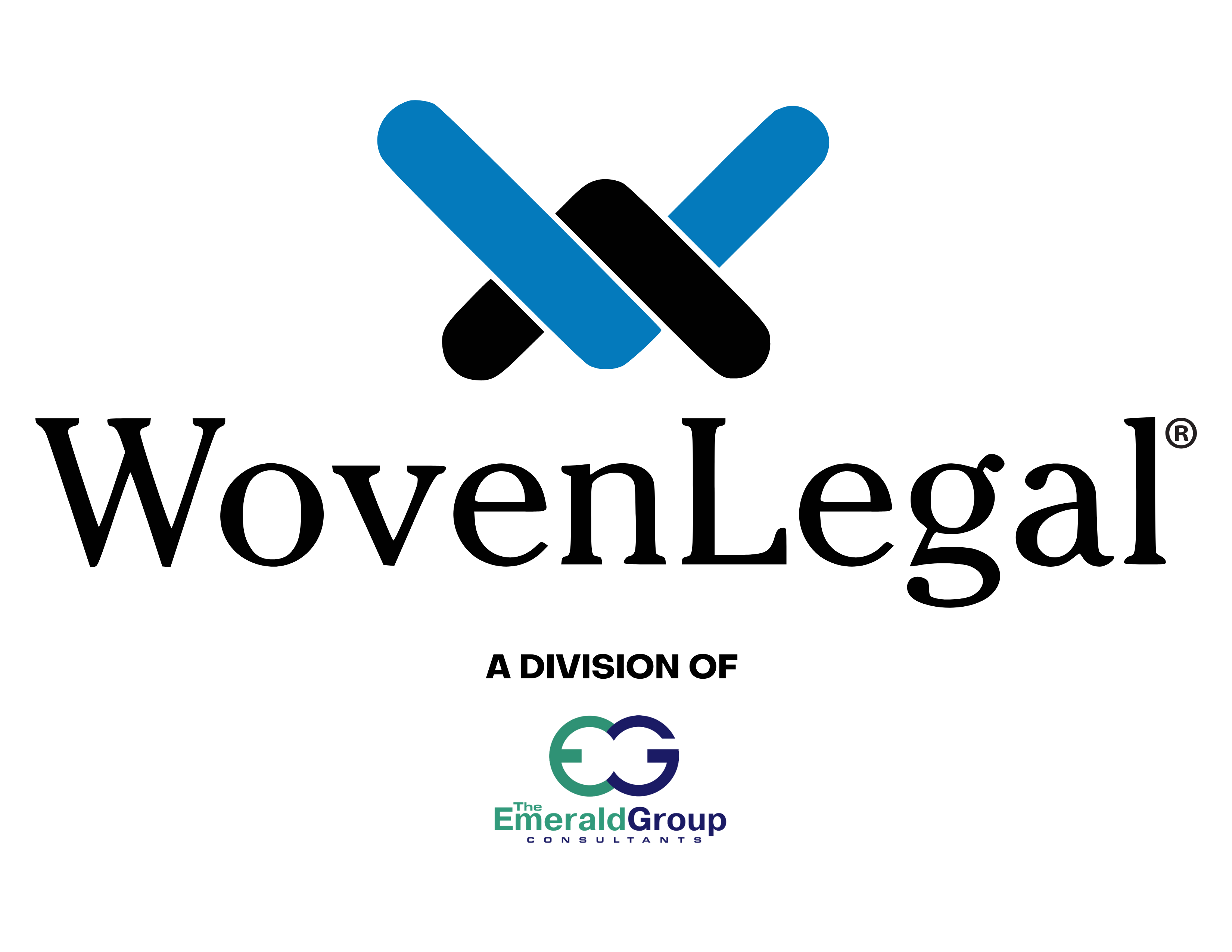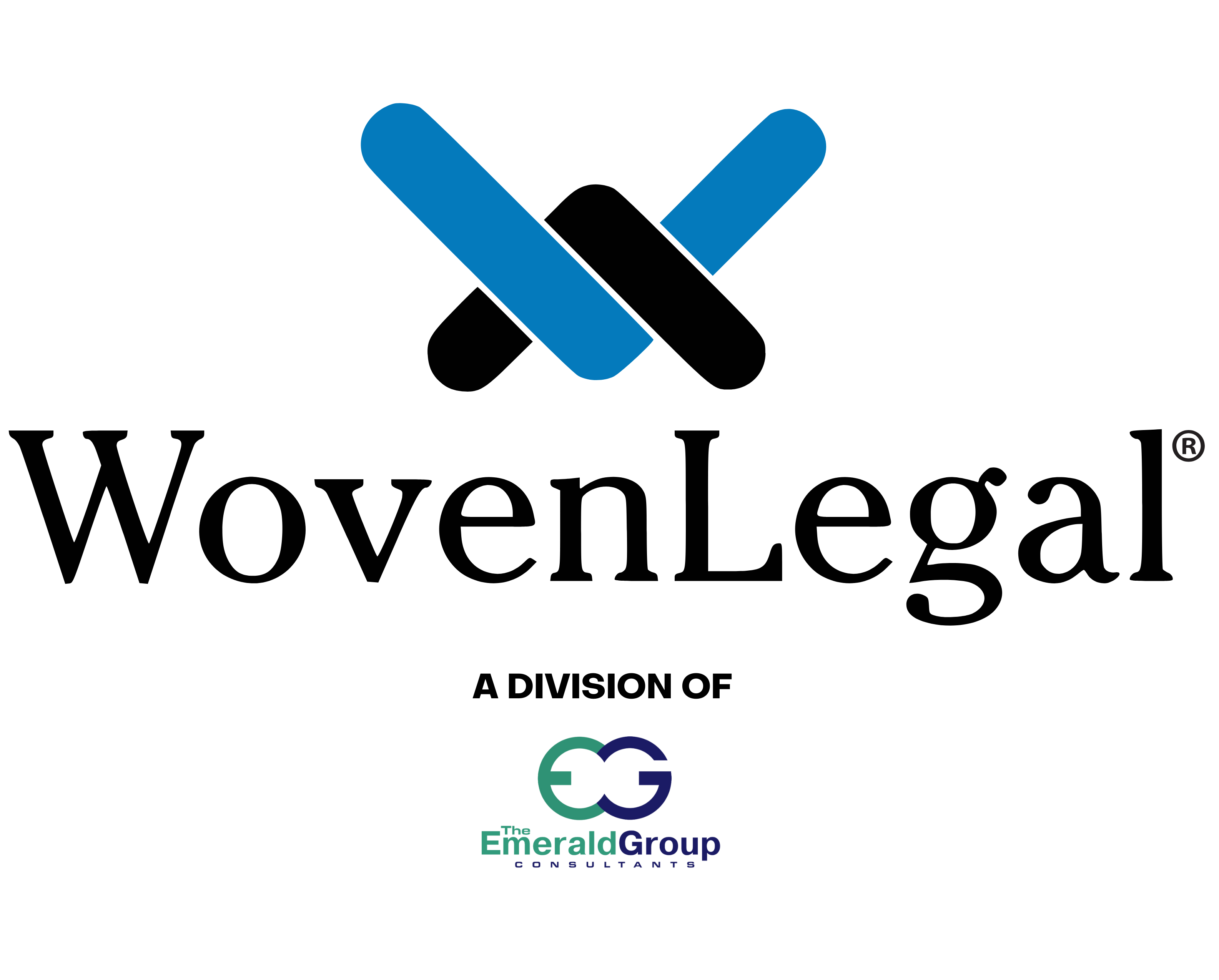If you are a solo practitioner or partner at a small firm, limited financial and human resources may have caused you to consider ways to maximize your firm’s productivity for as little a cost as possible. Legal support staffing companies can effectively solve this dilemma, providing human resources at a fraction of the cost of hiring new employees.
You can find a variety of legal support firms both within the United States and abroad, with those overseas offering significant cost savings over U.S.-based staffing companies. While your bottom line is certainly important, there are other factors you should consider before using a support firm located overseas.
It is not that overseas firms are bad, and you should never use them; instead, by considering the drawbacks of an overseas staffing solution, you can make a fully informed decision about whether such a service is right for you and your firm.
How Legal Support Groups Assist Your Firm
No matter where they are located, legal support staffing companies operate by connecting law firms with paralegals, accountants, receptionists, and other support staff. These individuals work remotely and assist with tasks such as:
- Answering incoming telephone calls
- Scheduling meetings, hearings, and travel
- Entering new client information and updating existing client files
- Preparing legal documents and correspondence
- Preparing billing statements and reconciling your firm’s financial ledger
Because the individuals who perform these tasks are not providing legal advice or performing any task that requires in-person contact with you or clients, they can work remotely from anywhere in the world. In most cases, you pay the legal support group directly, and they pay the individuals who have rendered services to you.
Benefits of Support Companies With a Global Footprint
Two main types of legal support companies operate in the United States. The first group of companies will only employ legal support professionals who are located within the United States, while the other group will draw its talent pool from around the world.
The latter group of companies often tout two main advantages to their approach.
Larger Pool of Talent
First, it is undeniable that those companies that operate overseas or that draw talent from foreign countries can offer a greater number of personnel to law firms. If one individual is not providing you the service you expect, chances are good that this type of company can find another person to take their place.
Greater Cost Savings
Companies that draw talent from across the globe can offer more personnel and often do so at a cheaper price than companies that only employ U.S.-based talent. The United States has one of the highest labor costs in the world, especially compared to countries like Mexico and India.
By employing individuals with some knowledge of the U.S. legal industry who are living in countries with low labor costs, these legal support companies can appear as attractive solutions to law firms looking to maximize their dollar.
Potential Disadvantages of Overseas Outsourcing
The potential cost savings your firm might realize from outsourcing your legal support needs to an overseas company come at a cost. There are several drawbacks to employing an overseas firm to assist you with your firm’s operations.
Cultural and Language Barriers
First, when dealing with a foreign company and employees who are not based in the U.S., you run the risk of working with individuals who do not understand the intricacies of the U.S. legal system. This issue can cause significant issues for you and your firm to address.
For example, a person who is not a native English speaker may have trouble understanding your instructions or procedures. The worker may require feedback from you on several attempts before they fully understand the task and its requirements, if they do at all.
In the meantime, you have spent precious time instructing the workers when they were supposed to save you time.
Depending on the worker’s fluency in English, you may be unable to use them for certain client-facing tasks. However, even if they are comfortable speaking English, their understanding of American idioms and customs may make communicating about complex legal matters difficult.
Lack of Consistent Results
Pulling talent from a large pool of candidates poses potential risks for your firm. A qualified legal professional in India may not need to meet the same standards as someone in Mexico.
While the first person may deliver a result that meets your expectations, there is little guarantee that the next person who performs a similar task will deliver a similar result.
Poor Relationship-Building Opportunities
Another drawback to having a larger talent pool is that it becomes difficult to build relationships with the people from these support companies who work with your firm. If you are constantly working with a new individual, it is difficult for any one of them to gain an in-depth understanding of your needs, processes, and firm culture.
The Verdict: U.S.-Based Firms Offer a Superior Experience
Although a company that only employs U.S.-based support personnel may cost more than companies with a global footprint, the disadvantages of using the latter type of company’s services should not be ignored. Cultural and language barriers can make it difficult to use foreign workers for more than the most basic tasks.
A large, ever-rotating talent pool also means you will spend more time explaining your needs and standards to a foreign-based workforce.
By contrast, a smaller, U.S.-based team of professionals will already be familiar with the standards expected in the American legal industry and can dedicate time to getting to know your firm’s operations intimately.
Book Your Discovery Call With Woven Legal
If you are ready to see the value a U.S.-based team of legal support professionals can add to your firm, contact Woven Legal and book your discovery call today.
Our company connects you with qualified paralegals, legal assistants, bookkeepers, and other professionals who can relieve you of many tasks that keep you from your practice. Contact Woven Legal today to get started.




Comments are closed